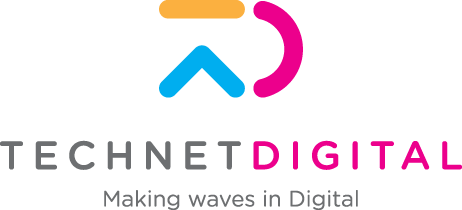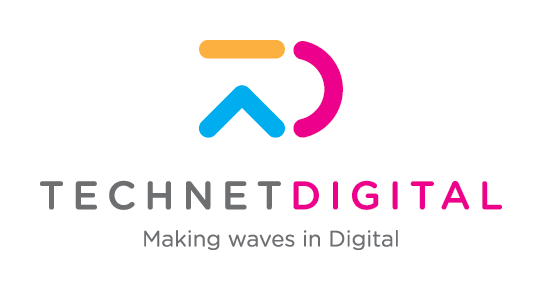
Do Digital Careers Offer Work-Life Balance?
The digital industry is known for innovation, fast-paced progress, and exciting challenges. But does it also offer work-life balance? That’s the question we explored in our 2025 Digital Salary Survey, and the results reveal a mixed picture. While many digital professionals report positive experiences in their roles, workload pressure and mental health concerns remain very real issues.
Workloads are rising…and it’s taking a toll
When asked to rate their workload on a scale of 1 to 10, digital professionals gave it an average score of 7.2, up from 6.5 in 2024. That’s edging into the “very heavy” territory, and it’s reflected in other key findings.
The average happiness score across respondents sat at 6.1. This is not bad, but not especially high either. It’s clear that while digital careers offer variety and progression, they also come with increasing pressure.
And what effect is that pressure having?
- 45% reported increased stress or anxiety
- 33% said they suffer from poor work-life balance
- 31% noted growing frustration in their role
The workload itself isn’t necessarily the issue. Many digital professionals enjoy being challenged, but the lack of boundaries or support in managing it can quickly become problematic.
Is there support in place?
The good news? 70% of respondents said there’s an open-door policy to discuss concerns related to workload and mental wellbeing. But looking closer, who’s listening?
- 37% would speak to their direct manager
- 16% lean on colleagues
- Only 9% said they’d approach HR
- And worryingly, 27% said they don’t feel they can speak to anyone at work
That final figure is a red flag. While some teams are fostering open conversations, a significant portion of the digital workforce still feels isolated when it comes to managing pressure.
Hybrid working: a step in the right direction?
As covered in our recent blog, hybrid working is now the preferred choice for digital professionals. In fact, 48% said they perform best in a hybrid model, and management agrees, with 65% saying they prefer their team to work that way.
This shared preference suggests a growing awareness that flexibility plays a key role in work-life balance. In the digital world, where creativity, focus, and technical performance are everything, hybrid setups allow people to recharge, minimise commutes and reduce burnout.
But flexibility alone isn’t a silver bullet. As workloads continue to rise, businesses need to go beyond offering hybrid options. They must support healthy boundaries, manage expectations and actively encourage time away from the screen.
Find that work-life balance!
So, do digital careers offer work-life balance? They can, but only when employers prioritise wellbeing alongside output. As the digital industry grows and evolves, the smartest businesses will be the ones who ensure their teams are supported, engaged, and most importantly, healthy.
At TechNET Digital, we help employers and professionals find that balance. Whether you’re hiring or exploring your next opportunity, we’re here to help you succeed, without sacrificing your well-being.





